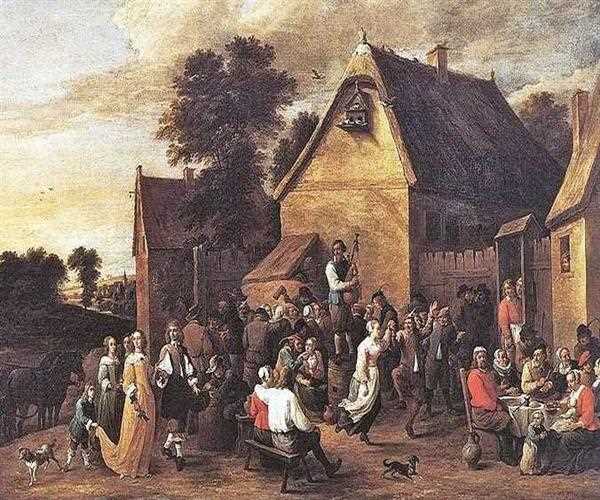The years from around 1824 to 1840 have been known as the "Period of Jacksonian Democracy" and the "Time of the Common Man." By present-day guidelines, in any case, the United States was a long way from equitable. Ladies couldn't vote and were lawfully under the control of their spouses; free blacks, if not totally disappointed, were considered second-class natives, best case scenario; servitude was developing in the southern states. In addition, the period saw the resettlement of Native Americans west of the Mississippi River and the grouping of riches in less and fewer hands. In any case, changes occurred that expanded investment in legislative issues and change developments rose to address the imbalances in American culture.
Indeed, even while states were pushing toward denying free blacks the privilege to vote, the establishment was growing for white men.

All states admitted to the Union after 1815 received white male suffrage, and in the vicinity of 1807 and 1821, others annulled the property and duty capabilities for voting. These improvements dramatically affected national races. Estimating voter turnout before the presidential decision of 1824 is inconceivable in light of the fact that exclusive discretionary votes were included, however the 1824 presidential race, 355,000 famous votes were thrown, and the number dramatically multiplied—to in excess of 1.1 million—only four years after the fact, in expansive part because of the finish of property necessities.
The technique for voting additionally started to change. Until the 1820s, a man voted by heading off to his region's voting place and orally expressing his decisions. The nonappearance of a mystery, composed tally permitted terrorizing; few would vote against a specific competitor when the room was swarmed with his supporters. Printed tickets gave the voter a more autonomous voice, despite the fact that the principal tallies were distributed by the political gatherings themselves. A tally printed by the legislature, the so-called Australian tally, was not presented until the late nineteenth century.
Besides, numerous political workplaces wound up elective instead of selective, making officeholders more responsible to the general population. By 1832, every one of the states (South Carolina was the sole exemption) moved the determination of individuals from the Electoral College from their council straightforwardly to the voters. In 1826, the arrangements of the Maryland constitution that banished Jews from providing legal counsel and holding open office were evacuated.
Monroe's bureau incorporated no less than three men with presidential aspirations, each speaking to sectional interests. John C. Calhoun and Secretary of the Treasury William Crawford battled for the part of representative for the South, while Secretary of State John Quincy Adams advanced the premiums of New England.
Despite the fact that a deadening stroke expelled him from a functioning part in the crusade, he got nearly the same number of votes as Clay. Calhoun expelled himself from the race, agreeing to another land as VP and making arrangements for another keep running at the administration in 1828 or 1832. Jackson got 43 percent of the famous vote contrasted with Adams' 31 percent, and he won 99 constituent votes to Adams' 84. With no way of winning himself, Clay tossed his help to Adams, who shared his patriot sees. Thirteen of the twenty-one states voted in favor of Adams, and he moved toward becoming president.